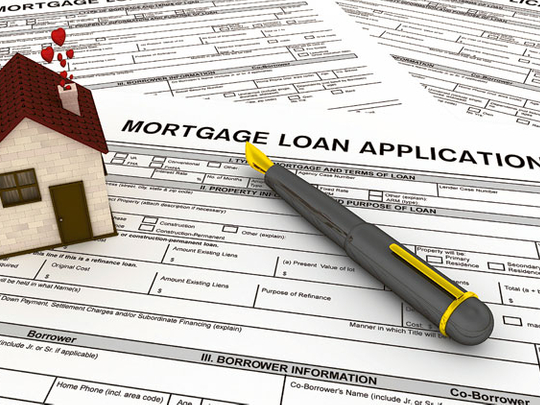
The lending spree that had everyone thinking they could get everything they wanted has left many consumers trapped in mounting debt. When bad loans surged and liquidity started to decline, banks tightened credit standards.
Up to this day, a number of borrowers are still struggling to repay loans and credit card debt, but with the economy now showing signs of recovery, financial institutions seem to loosen up on lending terms.
Telemarketers are again cold calling customers to sell loans. Some banks dangle extravagant gifts, such as holiday tickets to a customer’s destination of choice, as an incentive for those who are eager to sign up for credit.
“In the current climate, banks and finance companies can be aggressive in trying to secure your business,” notes John Bailey, financial consultant at Acuma Independent Financial Advice.
It doesn’t mean the days of excessive lending are back, but with the resurgence of obstinate cold calls and freebies, it can be easy to get tempted, especially when one is in a tight financial spot.
“In the last couple of years, we have seen banks and financial institutions become increasingly lenient with lending criteria and, as such, encourage borrowing and spending,” says Bailey.
“While lending can have its advantages, such as purchasing a car and spreading the payments within a sensible budget, it is fundamentally important to remember that whatever you borrow will need to be paid back,” he adds.
Before you sign up for a new loan, keep these things in mind:.
• Borrow money only when it’s absolutely necessary
Loans can provide a much-needed financial relief when someone hits a rough patch, but when borrowed money is used to pay for an expensive holiday trip, throw a party or bring home a mini theatre he couldn’t afford, the consumer may be setting himself up for a financial trouble.
“It is important to try and live within your means and not rely on credit cards and loans where possible to fund a lifestyle. While many may want to do this as a one-off trip of a lifetime, or a wedding party, again it is important to remember that it will need to be paid back. If this is something planned in advance, it would be recommended to try and save for it rather than rely on a personal loan,” advises Bailey.
• Avoid borrowing money to pay debt
It is common practice to borrow money to repay outstanding balances on other loans, especially credit card dues. While many people feel this is the only option to get out of debt, this can be a risky route to take.
“Taking a personal loan to pay off credit card debt is not always the answer. While the idea of having a set-end date to clear your debts down sounds appealing, it is important to ensure that any set payments on a loan are affordable in the first place, or you could find yourself worse off,” says Bailey.
• Don’t borrow to make a down payment for a house
Everyone wants to own their dream house one day. The safest way to achieve this is by putting aside a set amount of funds on a regular basis and wait until there is enough money in the savings pot.
Other people, however, choose to take the fastest route by borrowing money. If you can’t produce enough cash on your own to make the initial payment for a home, it is not advisable to go ahead with the purchase.
“Taking a personal loan to use a down payment on a house is never a good idea. In this region alone, where the consequences for getting into financial difficulty can be severe, taking out finance on top of finance in an unpredictable housing market is dangerous,” warns Bailey.
“If the housing market fell, you could end up with a property with negative equity which you can’t sell, and a personal loan alongside it. I would always recommend putting money aside to save for a deposit would be a safer and more sensible option.”





